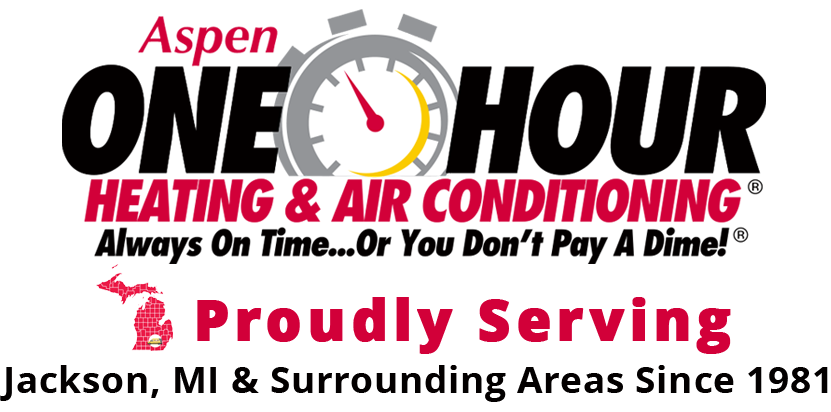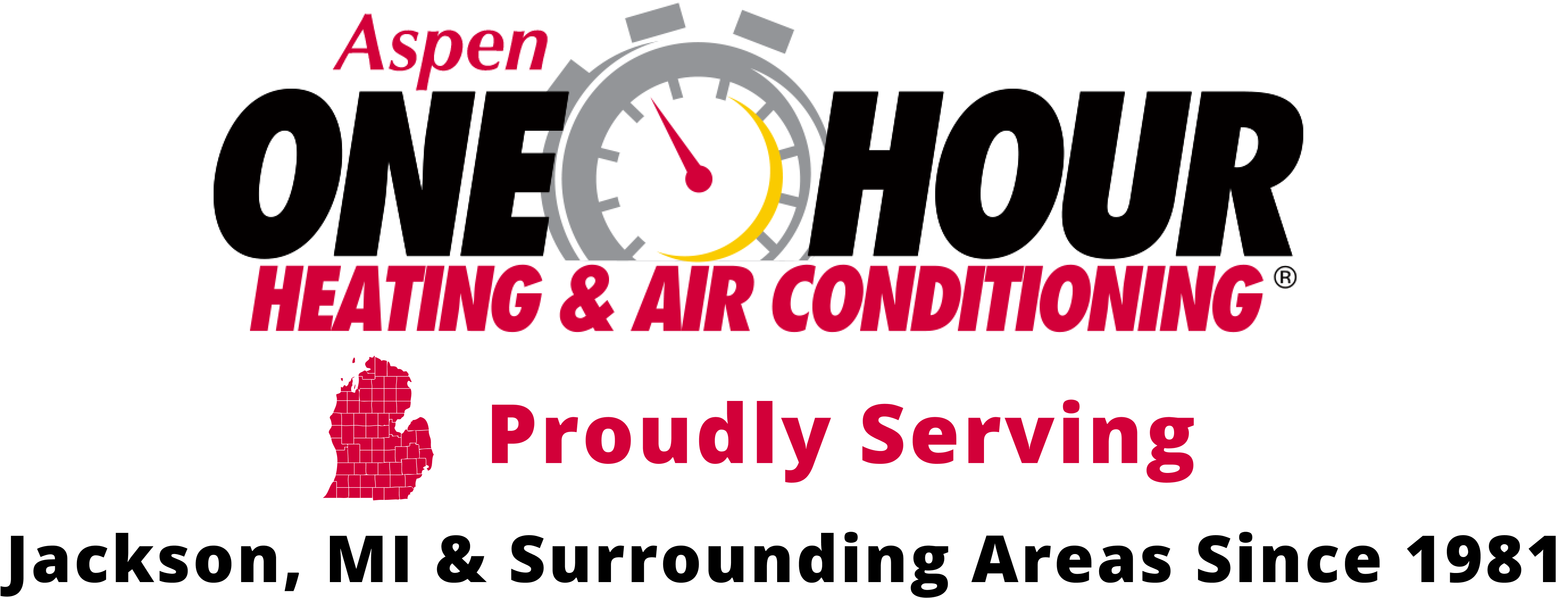Unveiling the Dangers of Bad Heat Exchangers on Furnaces
Heat exchangers play a crucial role in the functionality of furnaces, facilitating the transfer of heat from combustion gases to the air circulated throughout homes. However, when heat exchangers malfunction or deteriorate, they pose significant risks to both household occupants and the heating system itself. Understanding the dangers associated with bad heat exchangers is essential for homeowners to prioritize safety and maintain the efficiency of their heating systems.
Bad Heat Exchanger Dangers
Carbon Monoxide Poisoning
One of the most alarming dangers of a bad heat exchanger is the risk of carbon monoxide (CO) poisoning. When heat exchangers crack or corrode, they can allow combustion gases, including CO, to escape into the air circulated throughout the home. CO is a colorless, odorless gas that is highly toxic and can cause symptoms such as headaches, dizziness, nausea, and even death when inhaled in high concentrations. Therefore, any signs of a malfunctioning heat exchanger must be addressed promptly to prevent the potentially fatal consequences of CO poisoning.
Reduced Heating Efficiency
A compromised heat exchanger can also lead to reduced heating efficiency and increased energy consumption. When the heat exchanger fails to transfer heat effectively, the furnace must work harder to maintain desired indoor temperatures, resulting in higher energy bills. Additionally, inefficient heating can lead to uneven heating throughout the home, with some rooms feeling excessively warm while others remain cold. By addressing issues with the heat exchanger promptly, homeowners can restore the efficiency of their heating systems and optimize energy usage.
Potential Fire Hazard
In severe cases, a deteriorating heat exchanger can pose a fire hazard. Cracks or breaches in the heat exchanger can allow flames from the combustion process to come into direct contact with surrounding materials, such as insulation or wiring, leading to the risk of ignition. Furthermore, if combustible materials accumulate inside the furnace due to poor combustion, they can ignite and cause a fire. Regular inspection and maintenance of the heat exchanger are essential to identify and address potential fire hazards before they escalate into emergencies.
Costly Repairs or Replacement
Ignoring issues with a bad heat exchanger can result in costly repairs or the need for a complete furnace replacement. Over time, the stress and strain caused by a malfunctioning heat exchanger can lead to damage to other components of the furnace, further exacerbating the problem. Additionally, delaying necessary repairs can cause minor issues to escalate into major problems, ultimately requiring more extensive and expensive solutions. By addressing issues with the heat exchanger promptly, homeowners can avoid unnecessary expenses and prolong the lifespan of their heating systems.
Importance of Regular Maintenance
To mitigate the risks associated with bad heat exchangers, homeowners should prioritize regular maintenance of their furnaces. Professional HVAC technicians can inspect the heat exchanger for signs of damage, corrosion, or wear and tear during routine maintenance visits. Additionally, homeowners should be vigilant for warning signs of a malfunctioning heat exchanger, such as strange odors, unusual sounds, or visible cracks or rust. Any concerns should be addressed promptly to ensure the safety and efficiency of the heating system.
In conclusion, bad heat exchangers on furnaces pose serious risks to both occupants and the heating system itself. From the threat of carbon monoxide poisoning to reduced heating efficiency and potential fire hazards, the consequences of a malfunctioning heat exchanger can be severe. By prioritizing regular maintenance and addressing issues promptly, homeowners can safeguard their homes and families from the dangers associated with bad heat exchangers while maintaining the efficiency and longevity of their heating systems.
Bad Heat Exchanger Examples
What does a bad heat exchanger look like? Here are just a few examples along with an explanation of what causes cracks.

